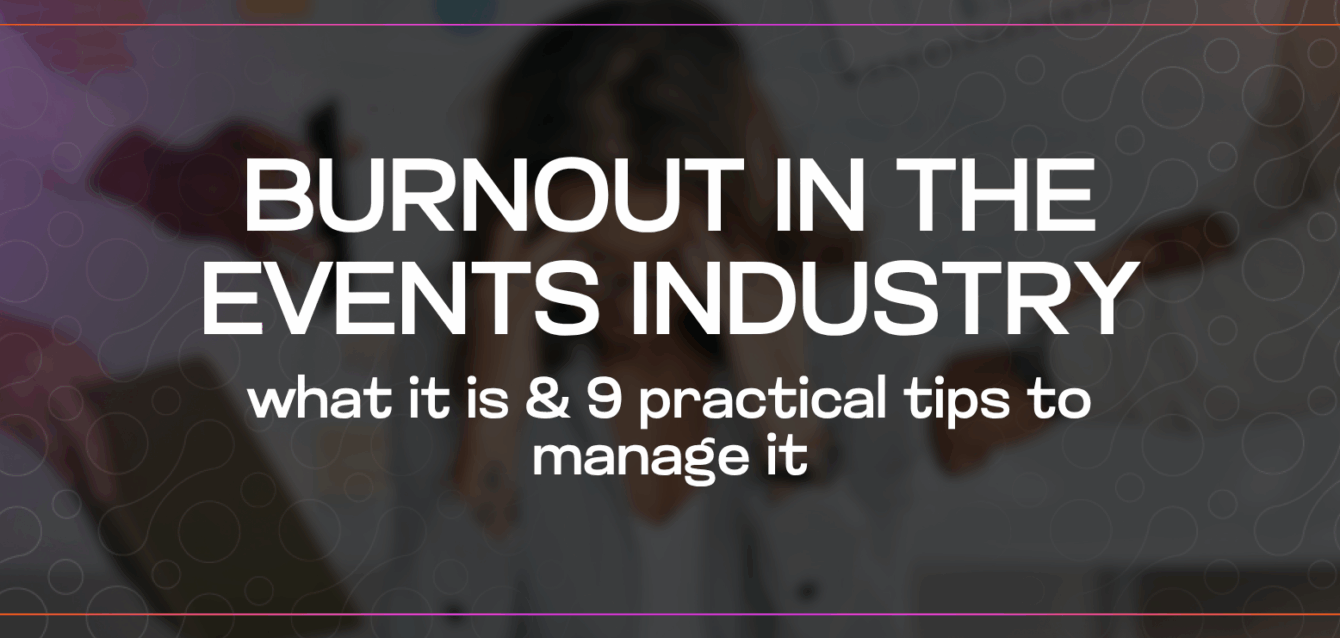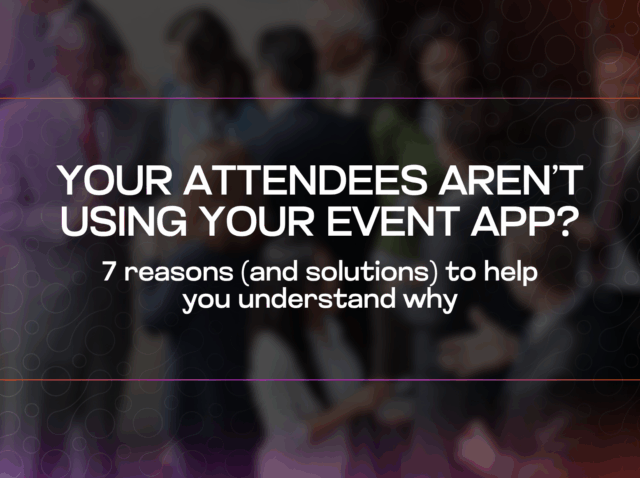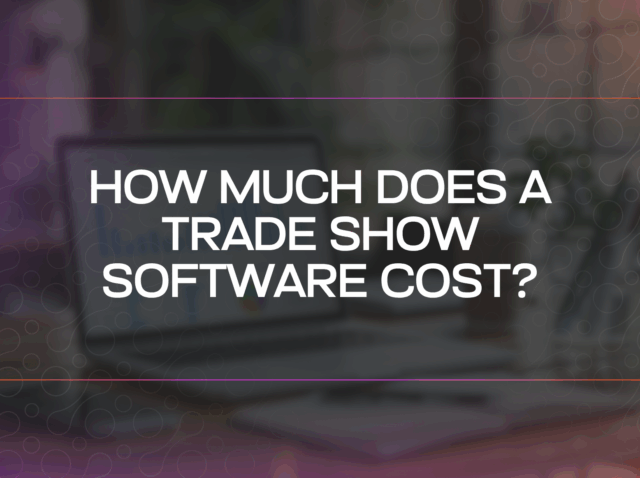The topic of mental health is increasingly important in both personal and professional spheres.
Stress and the resulting risk of burnout are among the main challenges today’s professionals face — especially in the events industry, where stressful situations abound: from financial decisions and their impacts, to people management and extreme levels of multitasking.
When we talk about mental well-being, we’re not just referring to the absence of symptoms, but to a state that enables people to handle stress, develop their skills, learn, and work effectively. By contrast, poor mental health affects every dimension of a person’s life — from emotional and social spheres to physical wellness — and can inevitably compromise work productivity.
For the majority of the workforce, work and mental health are deeply interconnected. This is evidenced by the concept of “psychosocial risks”: risks arising from poor design, organization or management of work systems, and from inadequate social or environmental workplace contexts. These risks can harm employees’ psycho-physical health.
In terms of mental health, one of the conditions that psychosocial risks can lead to at work is burnout.
Cos’è il burnout?
Although the term has been around since the 1970s, the World Health Organization (WHO) officially recognised burnoutas an occupational phenomenon in 2019. Wikipedia+2Bizzabo+2
It can be defined as:
“A syndrome … resulting from chronic workplace stress that has not been successfully managed. It is characterised by three dimensions: (1) feelings of energy depletion or exhaustion; (2) increased mental distance from one’s job, or feelings of negativism or cynicism related to one’s job; and (3) a sense of ineffectiveness and lack of achievement.” — WHO ICD-11
The Difference Between Stress and Burnout
To prevent and manage burnout effectively, we first need to understand the difference between stress and burnout, which although related, are not the same:
- Stress: A temporary reaction to external mental or emotional pressures that may feel overwhelming. It’s a normal (even necessary) response of the body to situations that require heightened focus or effort. If managed well, stress can be beneficial — stimulating productivity and personal growth. But if it becomes chronic, it can compromise psycho-physical well-being.
- Burnout: A state of emotional, physical and mental exhaustion caused by prolonged work-related stress. Unlike stress, which can come from any source, burnout is directly linked to the workplace. Those suffering from burnout often experience emotional and practical disengagement from work, a loss of motivation and self-esteem, culminating in withdrawal from work. Burnout impacts not only the individual but the entire organisation.
So, the key difference is in how people respond: with stress the individual may mobilise and engage more; with burnout the individual loses trust and disengages.
Onset and Evolution of Burnout
Researchers have identified four phases in the development of burnout:
- Idealistic Enthusiasm: The worker invests a lot of energy in work, feels motivated by their choice, and develops high, often unrealistic expectations. They tend to sacrifice personal life for work.
- Stagnation: The person continues working, but realises work no longer entirely satisfies them; results begin to appear inconsistent or meaningless; avoidance, passivity begin.
- Frustration: Burnout deepens. The person feels useless and frustrated, maybe criticised or undervalued. Anxiety, aggression, withdrawal behaviours may appear.
- Disengagement: Emotional and practical detachment from work. The person becomes apathetic, experiences a “professional death” state.
Symptoms of Burnout
Symptoms can be grouped into emotional-cognitive and physical/psychosomatic:
- Emotional & Cognitive: collapse of mental energy, concentration problems, loss of motivation, drop in self-esteem, anger and resentment, feeling of loss of control, agitation, irritability, constant worry and unhappiness.
- Physical / Psychosomatic: fatigue, insomnia, rapid heartbeat, migraines, stomach/digestive problems, muscle and back tension, appetite disturbances, etc.
Beyond these, burnout may lead to or worsen alcohol, food, medication or substance abuse; without professional help it can cause social isolation, self-harm, relationship problems, anxiety, panic attacks and depression.
Practical Tips to Manage Stress and Prevent Burnout
Now that you understand what workplace stress and burnout are, here are some practical strategies to manage stress and prevent burnout:
Reassess your workload – If you’re already in early burnout stages, stop, rest, and start again. Reevaluate your to-do list: what is urgent, what can wait, what can be delegated? Use tools like the Eisenhower Matrix. Organisations also need to consider employee well-being when planning events, assessing stress and pressure levels.
Rest – The most important advice: get enough rest. Skip the long early-morning starts, the late screens, the hustle-culture pressure: work hard, yes, but also reserve time to truly rest.
Relax through hobbies – Whether you like gardening, playing with pets, binge-watching a series, walking, or relaxing on the couch: do it! Event professionals should nurture their outside-work passions and spend time with loved ones.
Practice deep breathing – Many studies show how controlled breathing benefits body and mind, helps restore balance.
Prioritise your own needs – Often we feel obliged to do everything for everyone and forget ourselves. Carve out a reserved space: ask yourself what’s important for you, how you’d like to spend your time.
Set healthy boundaries – Event professionals may have different priorities or need solo time. Know your limits. Saying “no” doesn’t make you any less capable.
Listen to your body – Your body is a highly efficient machine – any “malfunction” is a signal. Mental health isn’t abstract; it links to physical well-being.
Seek professional help when needed – Use a strategy that works for you, and consult qualified medical professionals when necessary. Don’t rely on social-media advice or “Dr Google”.
Take care of your physical health – To prevent burnout, recharge your energy: sleep well, eat healthily, exercise.
Conclusion
In conclusion: stress and burnout can have extremely negative effects on both the personal and professional lives of event professionals.
To manage stress and avoid burnout you must cultivate good habits: care for your mental and physical health, set healthy boundaries, and make time for yourself.
But it’s not just up to individuals: companies should also play their part by working together with employees to create a healthy work environment, using tools that simplify and optimise work, and guaranteeing quality free time.
This approach not only benefits individuals but enhances productivity, innovation and growth for the organisation as a whole.







